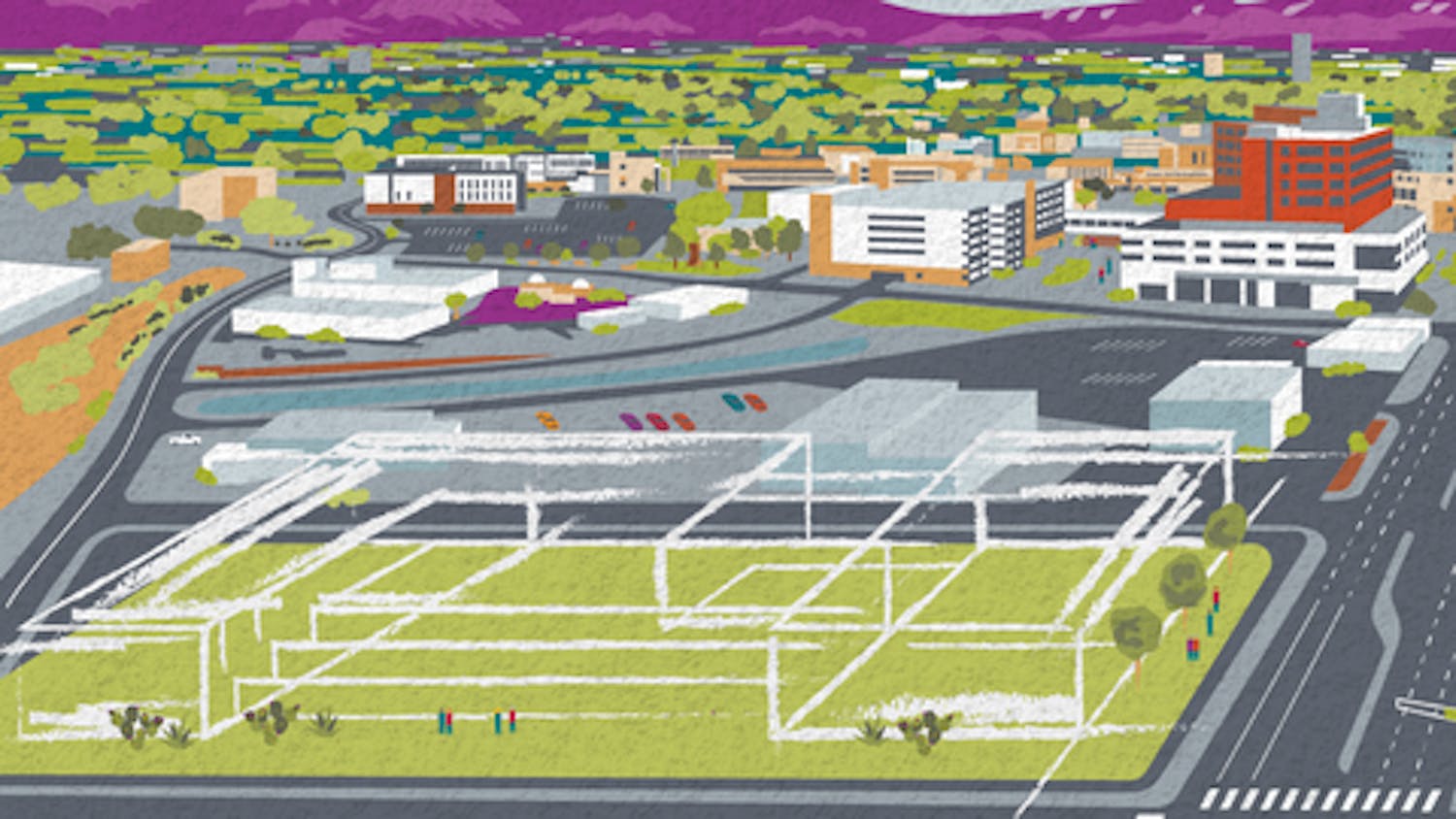After increasing annual tuition 46 percent during the past six years, University administrators are poised to place less burden on students by proposing a 4.3 percent increase for New Mexico residents.
The downside of the potential changes for faculty and staff is that the only salary and compensation increases for next year are marked for those making $25,000 or less. UNM also would increase its minimum full-time staff salary to $7 per hour. The changes would affect about 3,200 employees.
The Board of Regents Finance and Facilities unanimously approved the plan, forwarding it to the full board for final approval.
Administrators worked with students, faculty and staff to develop next year's budget based on two potential budgets - one if a vetoed state budget bill were used and another if the University retains last year's funding.
The changes include a 4.3 percent increase for resident undergraduate and graduate students, a 10 percent increase for resident law students and a 5 percent increase for all medical students. Medical students are the only nonresidents facing a tuition increase.
Under the plan, undergraduate tuition raises to $3,157, which is a $131 increase. Out-of- state undergraduates would continue paying $11,424 to prevent losing more nonresident students who might opt to attend other regional schools with comparable tuition rates. Graduate student residents will pay $3,485, which is a $144 increase, while their nonresident peers continue paying $11,777.
Get content from The Daily Lobo delivered to your inbox
Resident law students face a 10 percent increase, which means they will pay $6,098 - a $554 increase. Nonresident law students will continue paying $18,559. Law tuition increases are higher than others because of an agreement between the law dean and provost during the past four years that would allow the rates to climb so that the revenue can be used to fund law school projects, including renovation.
Resident medical students will pay $9,466, or $451 more, while out of state students will dole out $27,135, a $1,292 increase.
"This was a long process and we did the best that we could with the unpredictable resources available this year," said Julie Weaks, vice president for Business and Finance.
The increases are relatively low despite the prospect of not meeting its state appropriation requests because the regents' policy dictates that the University set tuition at a range between 22 percent and 27 percent of the cost of actually educating students. That percentage is based on several factors, including state per capita income and the Higher Education Price Index.
Wary of vocal protests by students last year when tuition was increased 15 percent, Regent Richard Toliver asked student government representatives how they thought students would react to the potential changes. The graduate and undergraduate student government presidents both said they thought the process was fair and endorsed the increase.
"No one likes to pay more to go to school, and I know that my costs have increased about $1,200 during the past four years while my outside job that I rely on to pay for school has increased by the same percentage," ASUNM President Andrea Cook said. "At the same time, this increase is so much lower than in years past, and I think that students will see that it is reasonable."
After asking several questions about the impact the increases would have, Toliver said that while he would have preferred preventing any increase, it was inevitable.
"Reality, as I'm sure you know, is that nothing comes for free," he said. "There are no free lunches in life. We know things like electricity go up every year. The reality is that nothing you pay for in your house stays the same and the same is true, unfortunately, of tuition."
University administrators say the increases would not change once approved unless the Legislature drastically changes its funding for the University. Several factors, including a May 1 deadline for submitting a UNM budget to the state Commission of Higher Education and difficulty informing students and faculty about changes during the summer, have forced the regents to consider UNM's budget without knowing its appropriation.
"We've heard predictions that the Legislature may not even convene a special session until May, if at all, so we had move forward now," Weaks said. "We think this is a good plan that will work for everyone and are hopeful the final state budget will not affect us too drastically."





